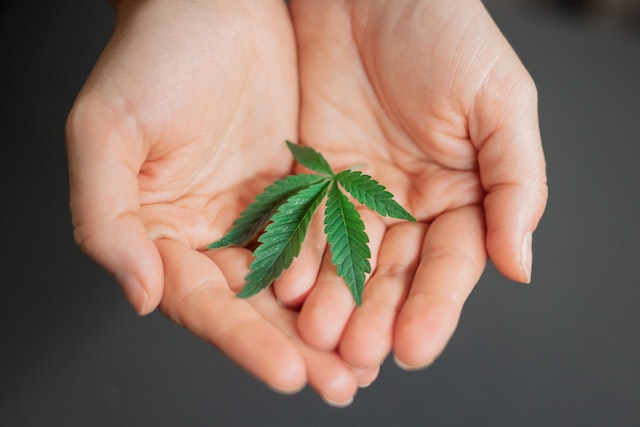The Netherlands Pilot Program Ushers in a New Era for Legal Cannabis

The Dutch government has confirmed the launch of its long-awaited pilot program to explore the legalization of adult-use cannabis, commencing on December 15. Contrary to popular belief, the Netherlands has never fully legalized cannabis but has maintained a policy of tolerance since the 1970s, known as “Gedoogbeleid.” This policy has led to a surge in coffee shops selling cannabis products without fear of legal consequences.
The pilot initiative, initially delayed since securing Senate approval in 2019, will commence in the cities of Breda and Tilburg. Selected coffee shops in these municipalities will be the first to sell legally cultivated cannabis alongside ‘tolerated’ products. For the first six weeks, these shops can continue to source from their current, unregulated suppliers as new legal vendors are integrated.
Dubbed the “wietexperiment,” this four-year trial will eventually expand to include ten additional Dutch cities and Amsterdam-Oost, a district in Amsterdam. The program aims to study the pros and cons of legalization, and its findings will be shared with all participating cities for optimizing future operations.
This move comes after Amsterdam put some limits on public cannabis consumption to manage tourist disturbances. It positions the Netherlands as the second European country to run a pilot program for legal cannabis sales, following Switzerland. It also offers a blueprint for other EU nations considering legalization, including Germany, which recently passed a bill for the same.
However, this initiative also highlights the challenges faced by the Netherlands‘ existing tolerance policy, which has been criticized for inadvertently supporting organized crime syndicates in drug trafficking. The potential for legalized sales could transform the Dutch cannabis landscape, boosting tax revenue, elevating product quality, and attracting investment.
From a broader perspective, the EU Commission will need to be consulted if the Netherlands moves ahead with full legalization, to ensure compliance with existing European laws and international treaties.





